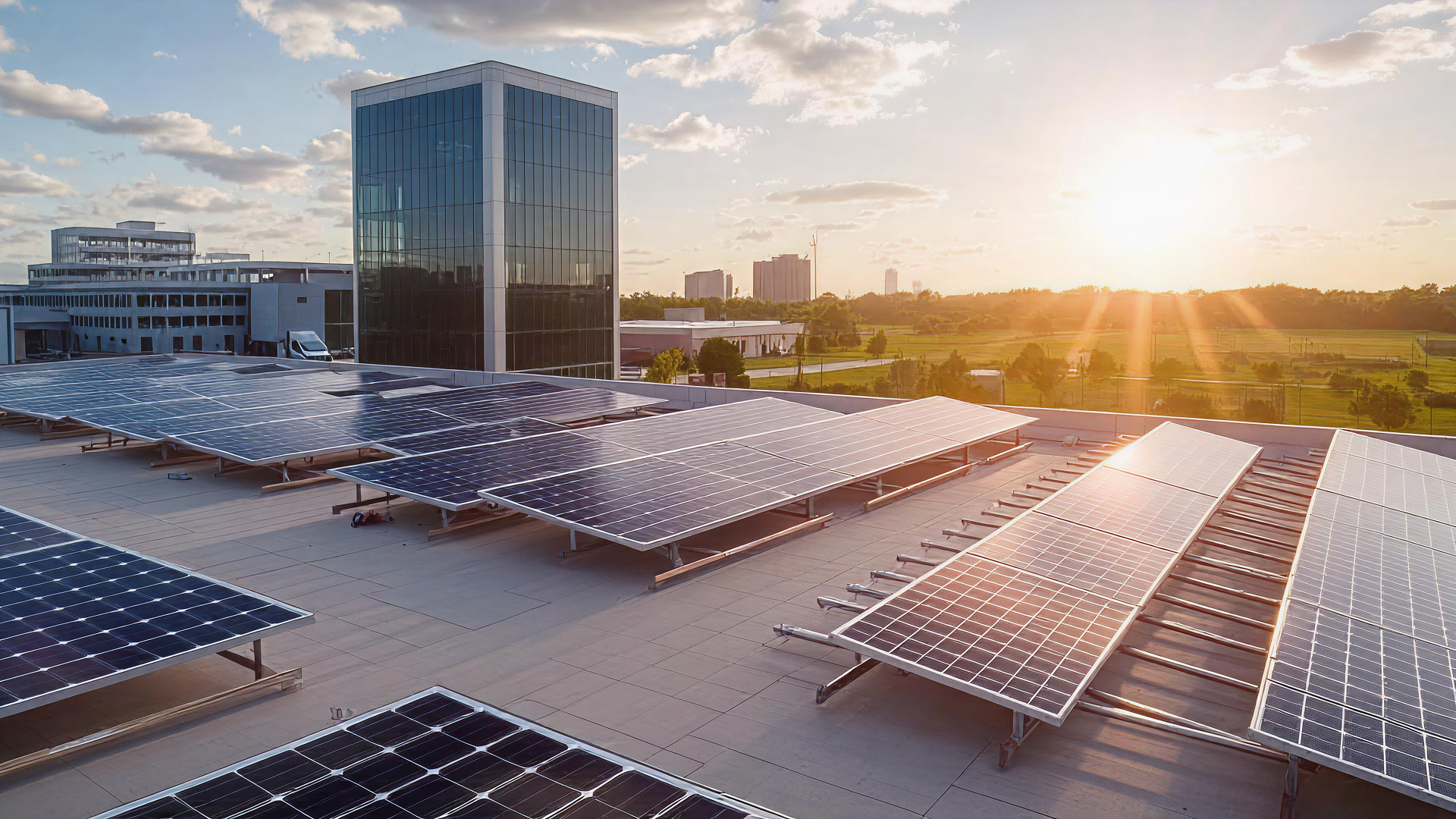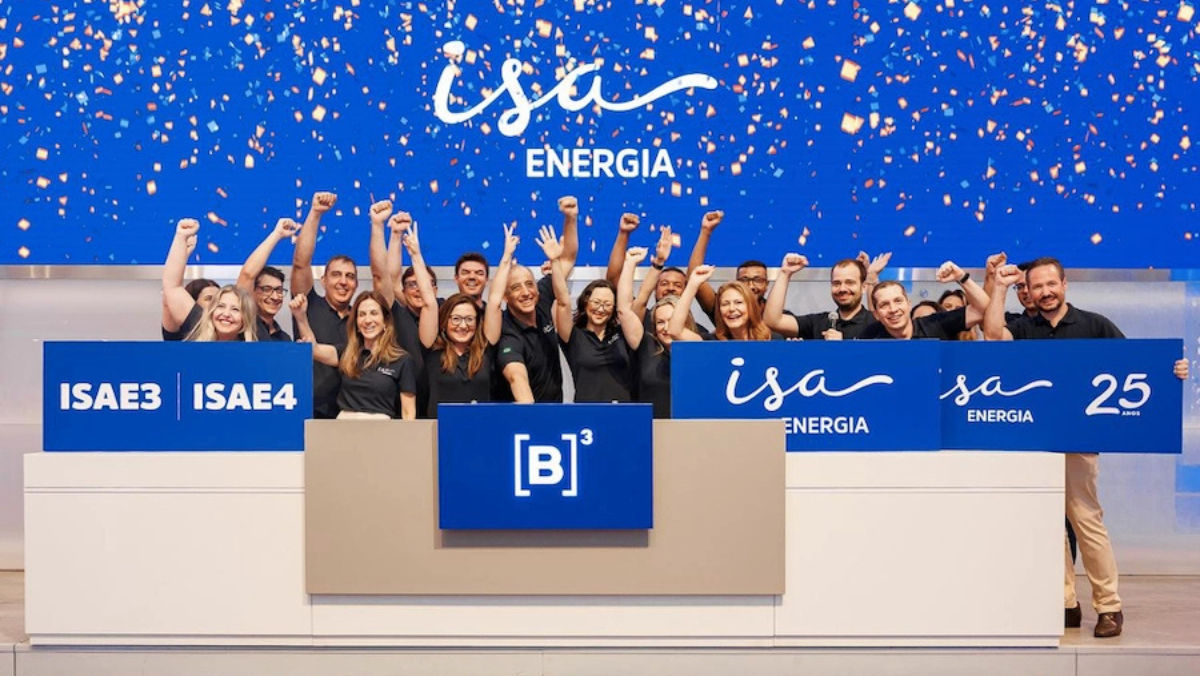MARKET TRENDS
Batteries Join the Brazilian Rooftop Boom
As rooftop solar overwhelms the grid, storage systems offer relief and a glimpse of a decentralised energy future
11 Apr 2025

Brazil’s fast-growing rooftop solar market is fuelling demand for battery storage as grid networks struggle to keep pace with the expansion of distributed power. Total installed rooftop capacity reached 29.3GW last year, according to official figures, with connection delays now averaging up to four months in some of the most active regions.
States such as São Paulo and Minas Gerais report growing backlogs as homeowners and businesses turn to solar-plus-storage systems to avoid waiting for grid approvals. These hybrid systems allow users to store surplus energy on-site and smooth power flows independently of utility infrastructure.
Equipment providers have begun to shift their focus accordingly. Schneider Electric’s Brazil division has expanded its offering of smart metering and microgrid solutions to support installations combining solar panels, batteries and digital energy management tools. The company said the tailored systems enable users to optimise consumption and minimise reliance on the national grid from the outset.
Utilities are also adapting their strategies. CPFL Energia has launched pilot projects with battery systems installed at substations and residential complexes, aiming to reduce local grid congestion. The company is also working with Siemens to roll out advanced metering infrastructure to improve data collection and grid visibility.
Regulators are seeking to address bottlenecks at the policy level. Brazil’s electricity regulator ANEEL is reviewing rules governing small-scale solar connections and cost-sharing arrangements. The proposed changes aim to simplify procedures and define responsibilities more clearly, in response to industry concerns that regulatory uncertainty could stall further expansion.
Policymakers are targeting 60GW of distributed solar by 2029, a goal that analysts say will depend heavily on continued investment in flexible grid solutions. The rising uptake of battery-backed systems reflects a shift in Brazil’s energy model, from a focus on generation to a more decentralised network where consumers play a central role.
As energy storage becomes more prevalent, new services such as peer-to-peer trading and virtual power plants are beginning to emerge. Analysts see this as a turning point in Brazil’s clean energy transition, positioning the country to develop more resilient and intelligent electricity systems in the years ahead.
Latest News
14 Nov 2025
Smart Grids Find Early Currents in Latin America12 Nov 2025
Amazon’s $4B Cloud Gamble Could Redefine Latin America11 Nov 2025
A High-Voltage Partnership Sparks Brazil’s Smart Grid7 Nov 2025
How AI Is Powering South America’s Green Grid
Related News

INNOVATION
14 Nov 2025
Smart Grids Find Early Currents in Latin America

TECHNOLOGY
12 Nov 2025
Amazon’s $4B Cloud Gamble Could Redefine Latin America

PARTNERSHIPS
11 Nov 2025
A High-Voltage Partnership Sparks Brazil’s Smart Grid
SUBSCRIBE FOR UPDATES
By submitting, you agree to receive email communications from the event organizers, including upcoming promotions and discounted tickets, news, and access to related events.